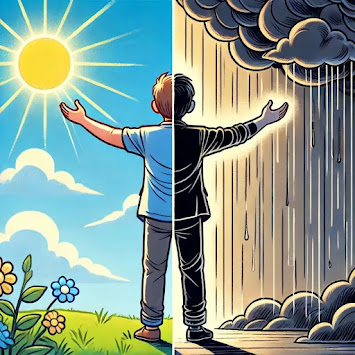For years, I was a people-pleaser. I said yes to everything extra work, social events, favors even when I was exhausted. I thought being helpful made me a good person, but in reality, I was burning out.
One day, after yet another overwhelming week, I realized something: saying yes to everything meant saying no to myself. I had no time for rest, hobbies, or even my own emotions. That’s when I decided to set boundaries.
At first, it felt uncomfortable. I worried about disappointing others. But the first time I said, “I’d love to help, but I can’t right now,” I felt a weight lift. People understood more than I expected, and I realized that setting limits didn’t make me selfish instead it made me healthier.
Now, I check in with myself before agreeing to anything. If it drains me, I politely decline. I’ve learned that boundaries protect my energy and allow me to show up as my best self for the things that truly matter.
If you struggle with saying no, remember: your time and energy are precious. Protect them. It’s not selfish it’s self-care.




.webp)


.webp)

.webp)

